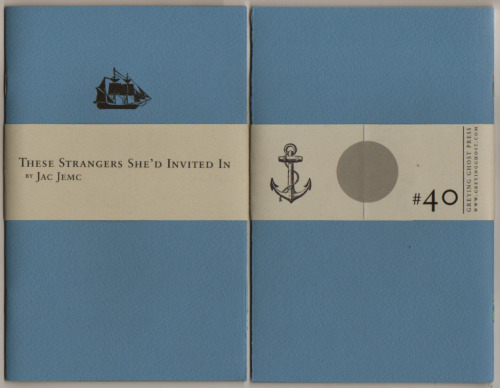I stumbled upon this list of "Awesomely Untranslatable Words" and find it fascinating. Maybe we can invent some English translations.
Here are a few examples of instances where other languages have found the right word and English simply falls speechless.
1. Toska
Russian – Vladmir Nabokov describes it best: “No single word in English renders all the shades of toska. At its deepest and most painful, it is a sensation of great spiritual anguish, often without any specific cause. At less morbid levels it is a dull ache of the soul, a longing with nothing to long for, a sick pining, a vague restlessness, mental throes, yearning. In particular cases it may be the desire for somebody of something specific, nostalgia, love-sickness. At the lowest level it grades into ennui, boredom.” 2. Mamihlapinatapei
Yagan (indigenous language of Tierra del Fuego) – “the wordless, yet meaningful look shared by two people who both desire to initiate something but are both reluctant to start”
3. Jayus
Indonesian – “A joke so poorly told and so unfunny that one cannot help but laugh”
4. Iktsuarpok
Inuit – “To go outside to check if anyone is coming.”
5. Litost
Czech – Milan Kundera, author of The Unbearable Lightness of Being, remarked that “As for the meaning of this word, I have looked in vain in other languages for an equivalent, though I find it difficult to imagine how anyone can understand the human soul without it.” The closest definition is a state of agony and torment created by the sudden sight of one’s own misery.
6. Kyoikumama
Japanese – “A mother who relentlessly pushes her children toward academic achievement”
7. Tartle
Scottish – The act of hestitating while introducing someone because you’ve forgotten their name.
8. Ilunga
Tshiluba (Southwest Congo) – A word famous for its untranslatability, most professional translators pinpoint it as the stature of a person “who is ready to forgive and forget any first abuse, tolerate it the second time, but never forgive nor tolerate on the third offense.”
9. Prozvonit
Czech – This word means to call a mobile phone and let it ring once so that the other person will call back, saving the first caller money. In Spanish, the phrase for this is “Dar un toque,” or, “To give a touch.”
10. Cafuné
Brazilian Portuguese – “The act of tenderly running one’s fingers through someone’s hair.”
11. Schadenfreude
German – Quite famous for its meaning that somehow other languages neglected to recognize, this refers to the feeling of pleasure derived by seeing another’s misfortune. I guess “America’s Funniest Moments of Schadenfreude” just didn’t have the same ring to it.
12. Torschlusspanik
German – Translated literally, this word means “gate-closing panic,” but its contextual meaning refers to “the fear of diminishing opportunities as one ages.”
13. Wabi-Sabi
Japanese – Much has been written on this Japanese concept, but in a sentence, one might be able to understand it as “a way of living that focuses on finding beauty within the imperfections of life and accepting peacefully the natural cycle of growth and decay.” 14. Dépaysement
French – The feeling that comes from not being in one’s home country.
15. Tingo
Pascuense (Easter Island) – Hopefully this isn’t a word you’d need often: “the act of taking objects one desires from the house of a friend by gradually borrowing all of them.”
16. Hyggelig
Danish – Its “literal” translation into English gives connotations of a warm, friendly, cozy demeanor, but it’s unlikely that these words truly capture the essence of a hyggelig; it’s likely something that must be experienced to be known. I think of good friends, cold beer, and a warm fire.
17. L’appel du vide
French – “The call of the void” is this French expression’s literal translation, but more significantly it’s used to describe the instinctive urge to jump from high places.
18. Ya’aburnee
Arabic – Both morbid and beautiful at once, this incantatory word means “You bury me,” a declaration of one’s hope that they’ll die before another person because of how difficult it would be to live without them.
19. Duende
Spanish – While originally used to describe a mythical, spritelike entity that possesses humans and creates the feeling of awe of one’s surroundings in nature, its meaning has transitioned into referring to “the mysterious power that a work of art has to deeply move a person.” There’s actually a nightclub in the town of La Linea de la Concepcion, where I teach, named after this word.
20. Saudade
Portuguese – One of the most beautiful of all words, translatable or not, this word “refers to the feeling of longing for something or someone that you love and which is lost.” Fado music, a type of mournful singing, relates to saudade. Altalang.com


































